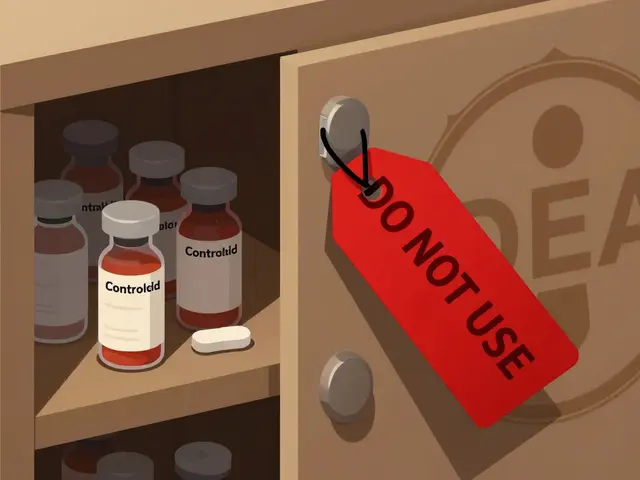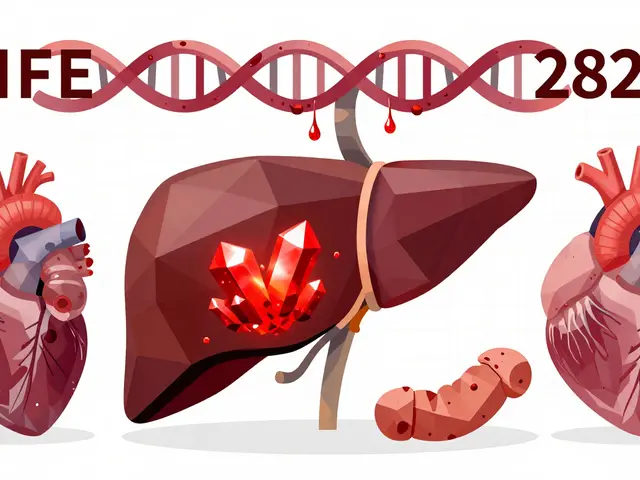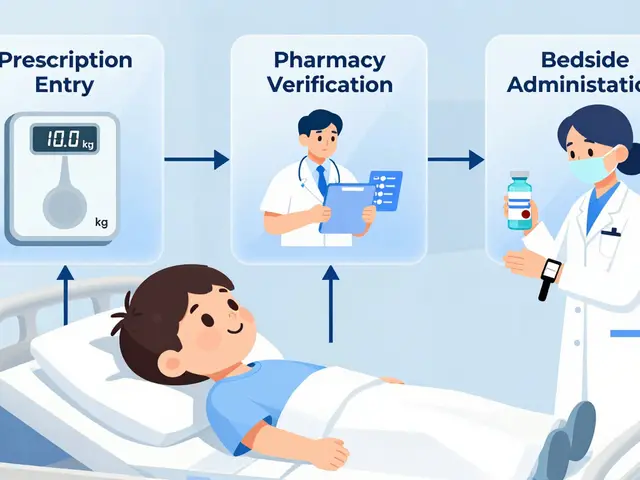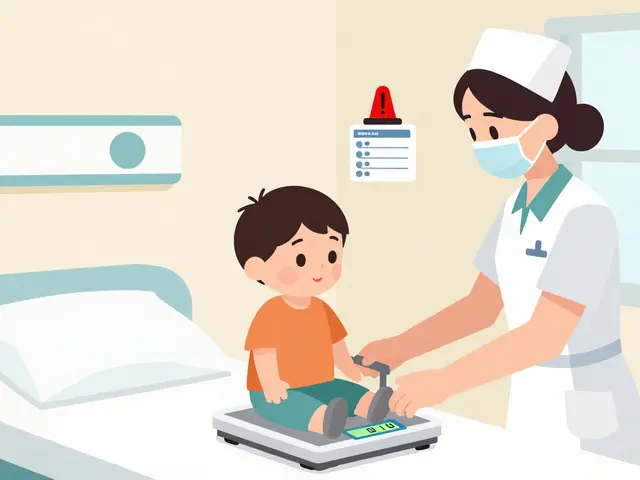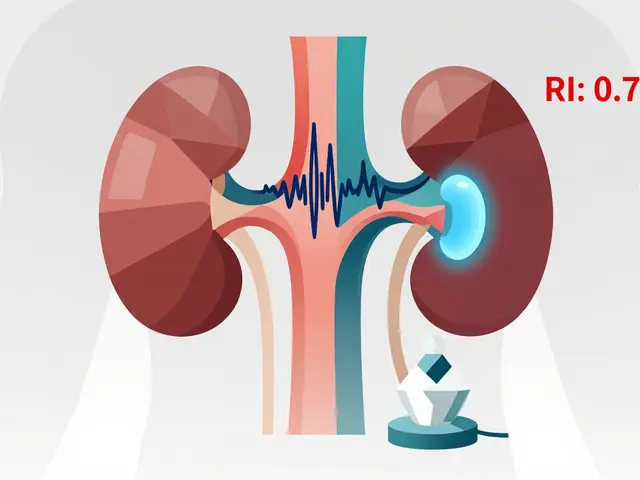Levonorgestrel BP: What It Is, How It Works, and What You Need to Know
When you hear levonorgestrel BP, a synthetic progestin used in emergency contraception and hormonal birth control. Also known as levonorgestrel, it’s one of the most common active ingredients in morning-after pills and some IUDs. It doesn’t stop ovulation every time—but when it does, it prevents pregnancy before it starts. Unlike estrogen-based birth control, levonorgestrel BP works alone, making it safer for people who can’t take estrogen, including those breastfeeding or with a history of blood clots.
This compound shows up in more places than you might think. It’s the star of emergency contraception, a time-sensitive option to prevent pregnancy after unprotected sex, like Plan B or generic versions sold over the counter. But it’s also the hormone inside hormonal IUDs, long-term birth control devices that release low doses daily for years. And yes, it’s in some daily progestin-only pills, often called the "mini-pill," which are taken every day without a break. Each use has different dosing, timing, and side effects—but they all rely on the same molecule to thicken cervical mucus, thin the uterine lining, and sometimes delay ovulation.
People often mix up levonorgestrel BP with other hormones like ulipristal acetate or mifepristone. But levonorgestrel is the most widely available, affordable, and studied. It’s not 100% effective—especially if taken more than 72 hours after sex—but it’s still the go-to for most clinics and pharmacies. Side effects? Usually mild: nausea, spotting, or a late period. Rarely, it causes heavier bleeding or dizziness. If you’ve used it before and felt fine, you’re in the majority. If you’ve had bad reactions to other hormonal pills, this might still be your best bet.
What you won’t find in most searches is how it compares to alternatives like copper IUDs or the morning-after pill with ulipristal. But the posts below dig into exactly that. You’ll see real comparisons between levonorgestrel BP and other birth control options, stories from people who switched after side effects, and guides on when to take it for maximum effectiveness. There’s also advice on how to manage the spotting or mood changes that sometimes come with it—and how to tell if what you’re feeling is normal or something to check with a doctor.
Whether you’re considering it for emergency use, long-term control, or just trying to understand why your doctor recommended it, this collection gives you the straight facts—not marketing, not assumptions. No fluff. Just what works, what doesn’t, and what people actually experience when they use levonorgestrel BP in real life.
Levonorgestrel BP is a safe, over-the-counter emergency contraceptive that helps women prevent pregnancy after unprotected sex. Learn how it works, when to use it, and why quality matters.
Continue reading...


